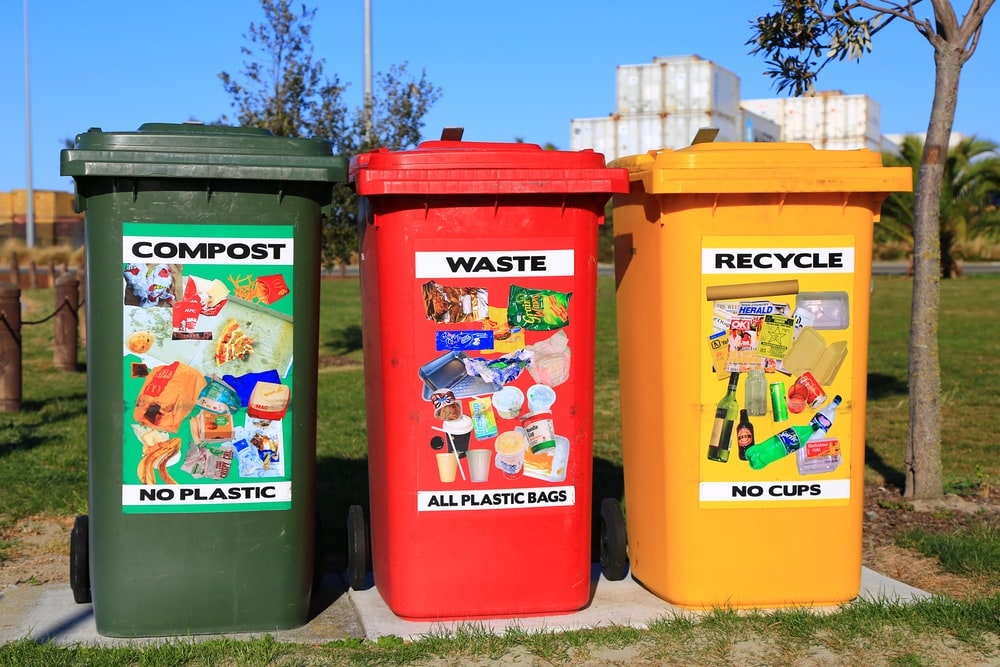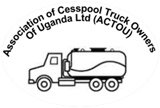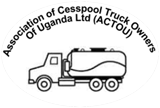
Uganda faces a staggering challenge as approximately 60 million tonnes of garbage are generated daily, with a significant portion—75% or 45 million tonnes—ending up in landfills without proper treatment. This unchecked waste generation could demand 66,000 hectares of land for waste disposal, posing severe threats to public health and the environment.
Thank you for reading this post, don't forget to subscribe!In response to this crisis, initiatives have been introduced. However, the key to effective waste management lies in individual actions, starting at home. Here are five practical ways to reduce waste at the grassroots level:
1) Waste Segregation
The Ministry of Lands & Urban Development estimates that 30-40% of household waste in India is organic. Segregating waste at home into categories like organic, recyclable, and non-biodegradable can significantly ease the burden on waste management systems. Simple steps like using color-coded bins for different types of waste can make a big difference.
2) Reuse
Opting for reusable products wherever possible can greatly reduce waste generation. By embracing items that can be used multiple times, such as water bottles, shopping bags, or repurposed containers, individuals can actively contribute to waste reduction efforts.
3) Recycle
Recycling waste materials, from glass and paper to electronics and biodegradables, plays a crucial role in mitigating environmental impacts. By incorporating recycling practices into daily routines, households can effectively contribute to sustainable waste management practices.
4) Reduce
Adopting a mindset of waste reduction can lead to significant positive impacts. Strategies like minimizing food wastage, opting for digital alternatives to paper, and avoiding single-use plastics can help in cutting down on unnecessary waste generation.
5) Composting
Composting stands out as an effective method for managing organic waste at home. By composting food scraps and garden waste, individuals can reduce waste volume by up to 30% and create valuable soil fertilizer.
In conclusion, by implementing these simple yet impactful practices, individuals can play a vital role in addressing Uganda’s solid waste management challenges. Together, we can pave the way for a cleaner, greener, and healthier future for Uganda. Let’s start today and make a difference!



